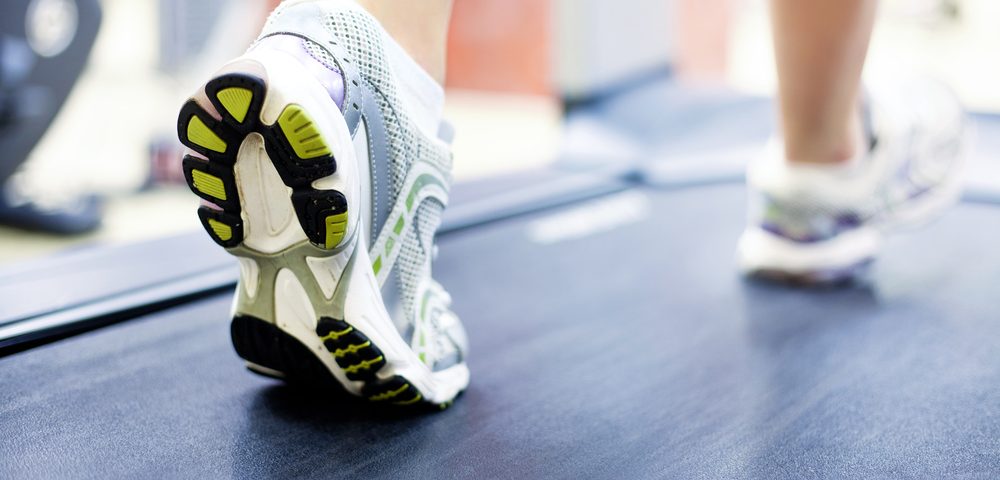Moderate physical exercise may have an anti-inflammatory effect on the body — which could be helpful for patients with conditions such as fibromyalgia or rheumatoid arthritis, according to a new study.
The study, “Inflammation And Exercise: Inhibition Of Monocytic Intracellular TNF Production By Acute Exercise Via Β2-Adrenergic Activation” — published in the journal Brain, Behavior and Immunity — showed that 20 minutes of moderate exercise stimulates the immune system and promotes better regulation of inflammation.
“Each time we exercise, we are truly doing something good for our body on many levels, including at the immune cell level,” Suzi Hong, PhD, senior author of the study, said in a news release. “The anti-inflammatory benefits of exercise have been known to researchers, but finding out how that process happens is the key to safely maximizing those benefits.”
During exercise, the brain activates pathways that speed up the heart and increase blood pressure. Exercise also promotes the production of hormones such as adrenaline. That activates immune cells and reduces expression of a protein called TNF, which is involved in several inflammatory responses.
Researchers analyzed TNF levels in blood samples from 47 healthy volunteers. The blood, drawn before and after 20 minutes of moderate treadmill exercise, showed that was enough to decrease TNF levels by 5%. The exercise intensity level was adjusted based on the participants’ fitness levels.
“Our study found one session of about 20 minutes of moderate treadmill exercise resulted in a five percent decrease in the number of stimulated immune cells producing TNF,” Hong said. “Knowing what sets regulatory mechanisms of inflammatory proteins in motion may contribute to developing new therapies for the overwhelming number of individuals with chronic inflammatory conditions, including nearly 25 million Americans who suffer from autoimmune diseases.”
Fibromyalgia is a chronic inflammatory disease characterized by widespread musculoskeletal pain and muscle tenderness leading to disability, fatigue, sleep disorders, and psychological distress.
Researchers said patients with chronic inflammatory diseases should always consult a physician about what treatment is most appropriate for them.
“Our study shows a workout session doesn’t actually have to be intense to have anti-inflammatory effects. Twenty minutes to half-an-hour of moderate exercise, including fast walking, appears to be sufficient,” Hong said.

